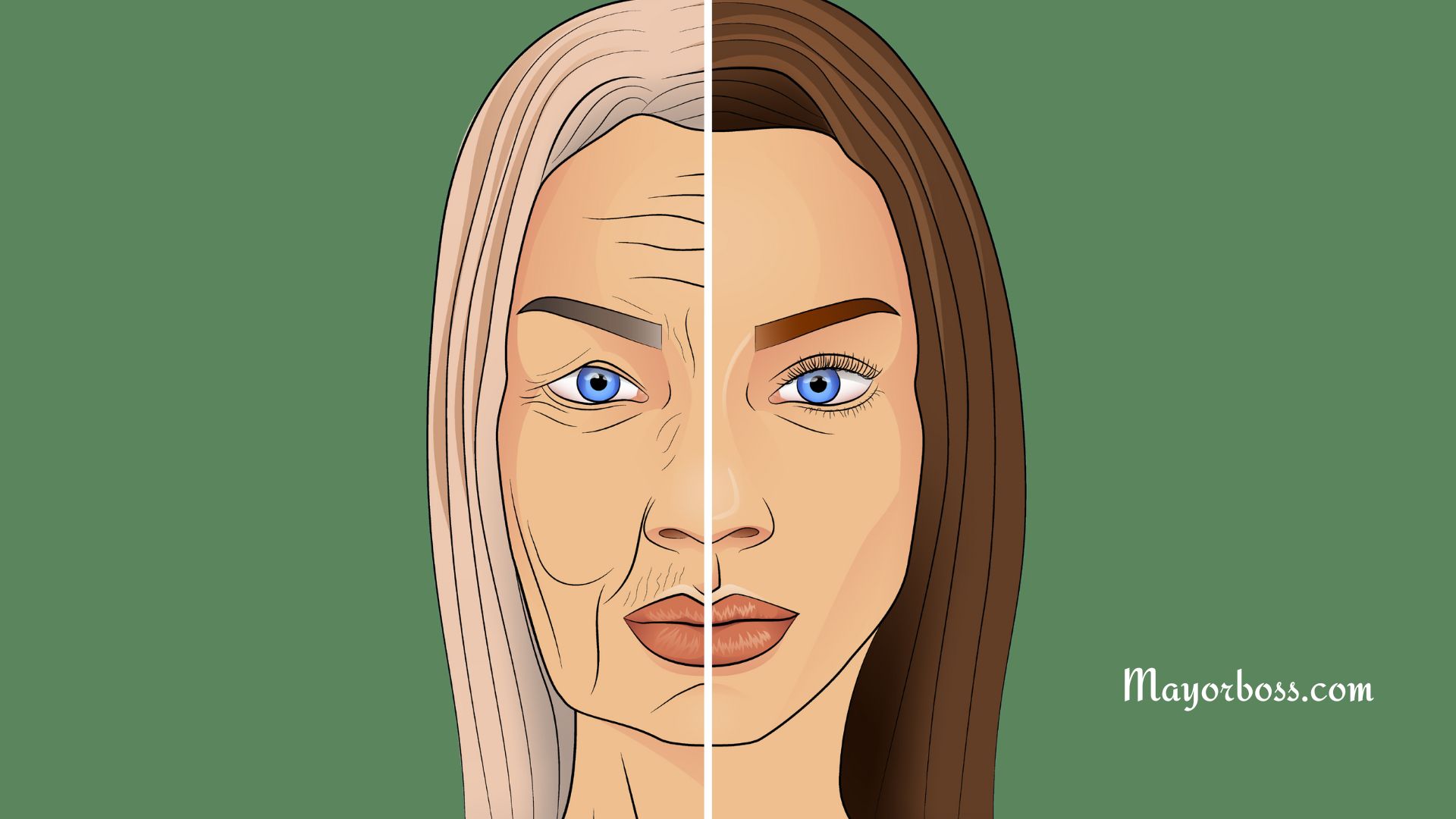6 Body Parts That Are Aging Faster Than You Are
Your eyes, neck skin, hands, and knees often age ahead of your birthday age. Gentle daily care, smart movement, sleep, and regular checkups help slow that clock.

I hear this a lot: “I feel young, yet parts of me look or act older.” You are not imagining it. Some areas wear out sooner because they work nonstop, get lots of sun, or face extra strain. The good news is that simple habits can protect them. You can start today.
1. Eyes and eyelids
Your eyes work all day. Screens, dry air, and squinting speed up tired, puffy lids and fine lines. Vision can also feel less sharp in low light.
What helps
When to see a doctor
2. Neck skin
Neck skin is thin and is exposed to a lot of sun. Phone time also keeps the head tilted forward, which deepens folds and lines. Many people care for their face and forget their neck.
What helps
When to see a doctor
3. Hands and nails
Hands wash dishes, handle cleaners, and face the sun with little protection. This leads to dry, thin skin, dark spots, and nails that split.
What helps
When to see a doctor
4. Knees and other weight-bearing joints
Knees carry you through every step, sit, and stand. Extra weight, weak leg muscles, and low movement speed up wear. Stiff mornings and grinding sounds are early signs.
What helps
When to see a doctor
5. Gums and teeth
Gum tissue can shrink sooner than you expect. Dry mouth, snacking often, mouth breathing during sleep, and less flossing all speed up decay and gum loss. Bleeding with brushing is a sign that needs attention.
What helps
When to see a dentist sooner
6. Spine
Hours of sitting and phone use round the upper back and strain the neck. Discs between the bones of the spine also lose water with time, which lowers shock absorption. Early signs include stiffness on waking, dull neck aches, and fatigue across the shoulders.
Build a spine-friendly setup at work and at home. Keep the top of the screen near eye level. Sit so ears align with your shoulders and hips. Place your feet flat on the floor. Set a timer every 30 to 45 minutes to stand, stretch, and reset posture. Strong core muscles support the spine, so practice planks, dead bugs, and bird dogs a few times each week.
A short daily mobility routine helps. Try gentle chin tucks, chest openers, and hip flexor stretches. Each takes less than five minutes and pays off over time.
Daily habits that slow early aging
Small actions stack up. You do not need a strict program. Think simple and steady.
Stress speeds aging. A calm routine helps your body repair. Try a short breath practice. Inhale for four, hold for four, exhale for six. Repeat for two minutes. Add a short walk outdoors. Light, air, and gentle movement reset the nervous system.
When to seek medical advice soon
Do not wait when you see warning signs. Sudden vision change, chest pressure, severe joint swelling, or mouth sores that do not heal need prompt care. Early care protects function and keeps you active.
FAQs
What is the first habit I should start if I feel overwhelmed?
Sunscreen each morning and a ten-minute walk after lunch. These two habits protect skin and heart health with little effort.
How much protein do I need for strong skin, nails, and muscles?
Aim for a source at each meal. Eggs, fish, poultry, beans, tofu, or Greek yogurt work well. Most adults do well with a palm-sized portion each time.
Can I reverse the signs of aging in my neck and hands?
You can soften lines and spots with sun care, moisture, and gentle retinoid creams, plus consistent protection. Full reversal is not realistic, yet steady care improves texture and tone.
How often should I check my blood pressure at home?
If you have normal readings, check once a month. If you have high readings or take medicine, check two to three days each week and record the numbers.
When should I see a dentist if my gums bleed?
Book a visit within one to two weeks. Keep brushing and flossing with gentle pressure. Bleeding often improves with cleanings and daily care.






